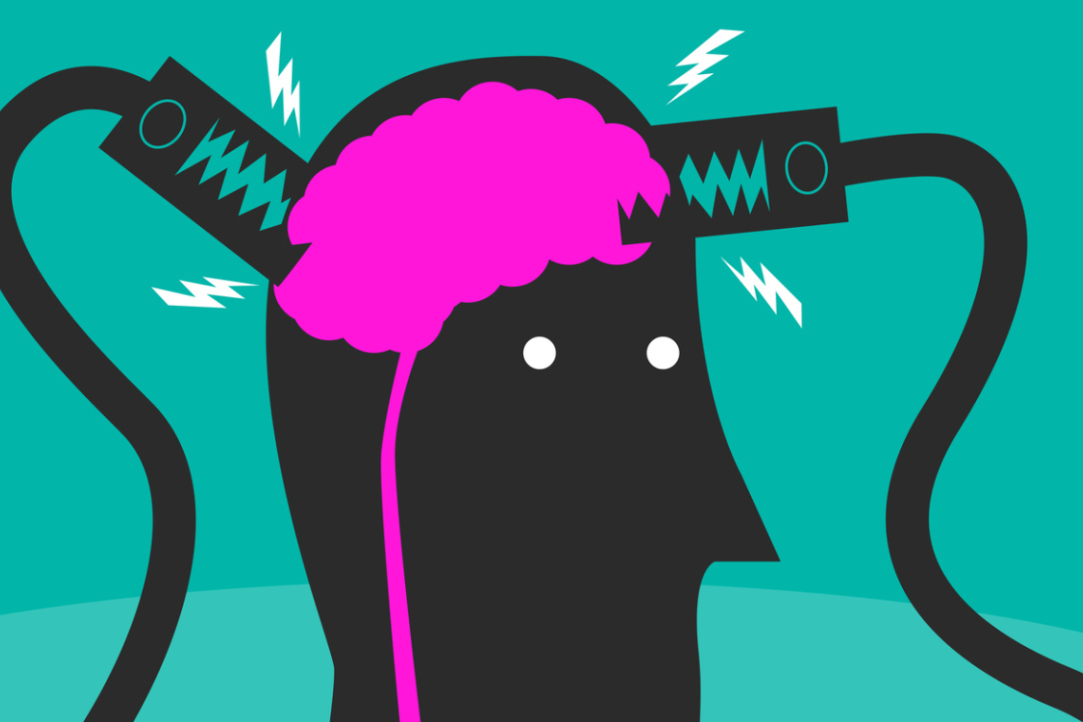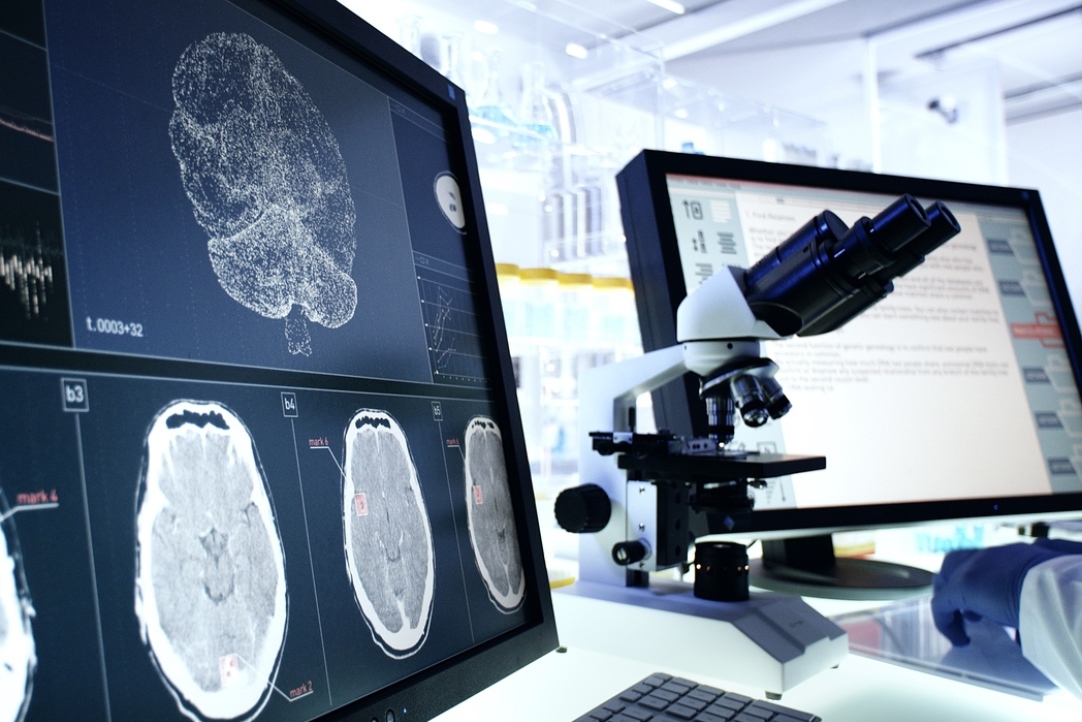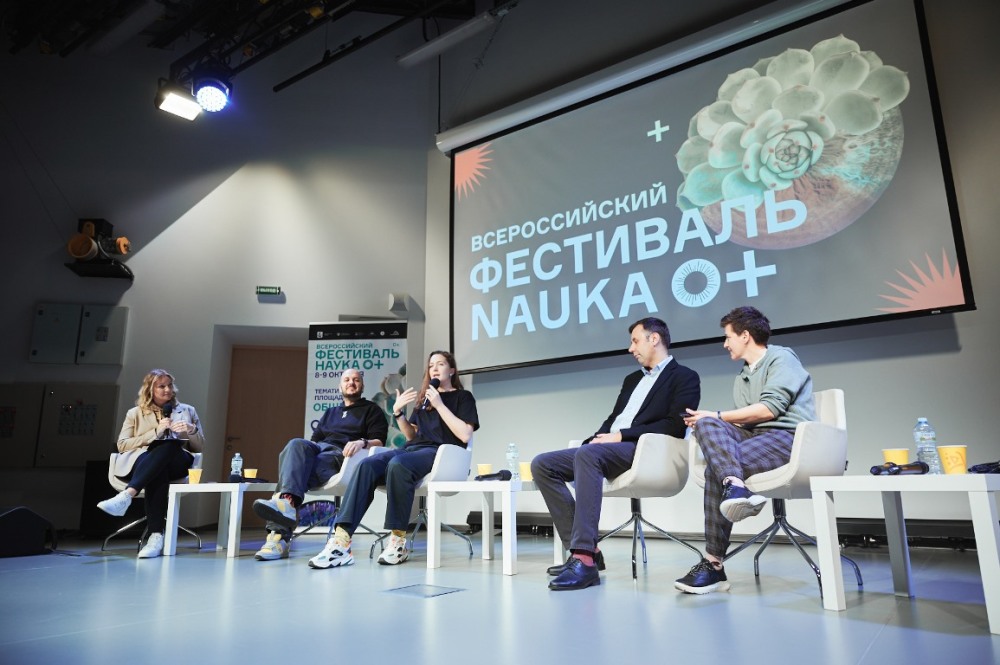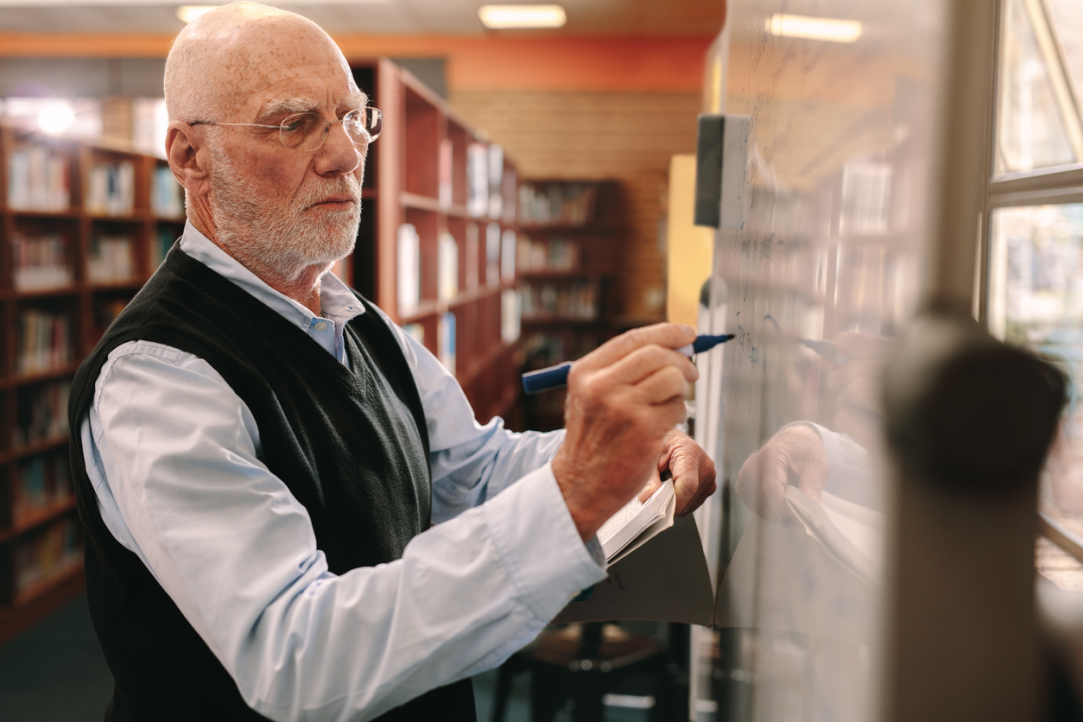Ambivalence and a combination of contradictory principles are vividly manifested in the actions of government, its individual agents and institutions, as well as the everyday practices of economic subjects and citizens. The participants of the HSE Laboratory for Studies in Economic Sociology seminar discussed the book
The Ambivalence of Power in the Twenty-First Century Economy: Cases from Russia and Beyond, recently published in the UK. Prepared by researchers from HSE University and foreign universities, the book focuses on the study of ambivalence in Russia and beyond.


















